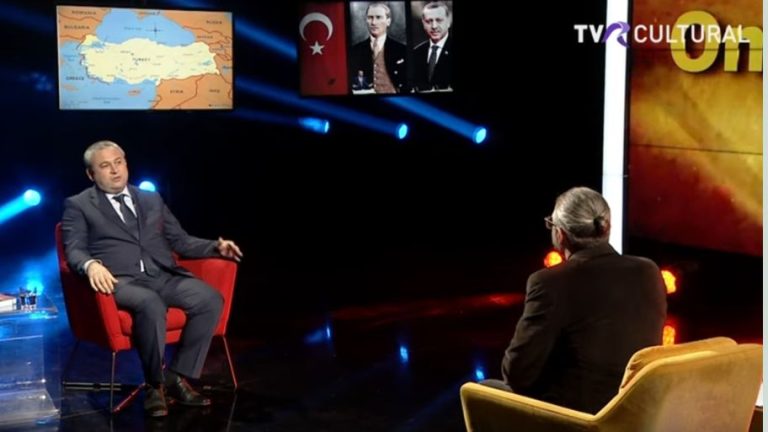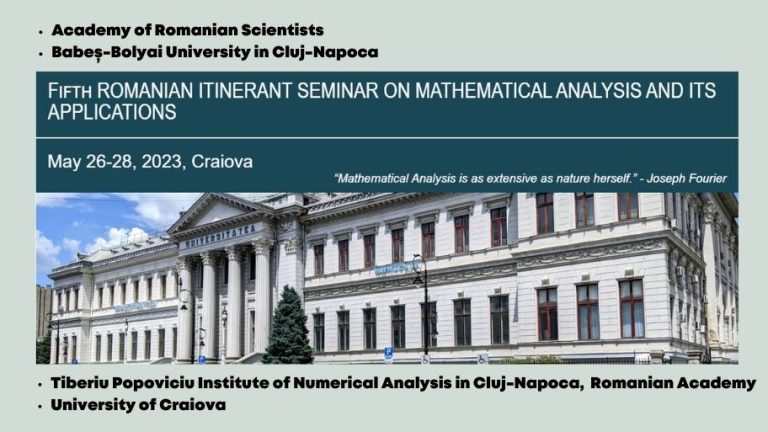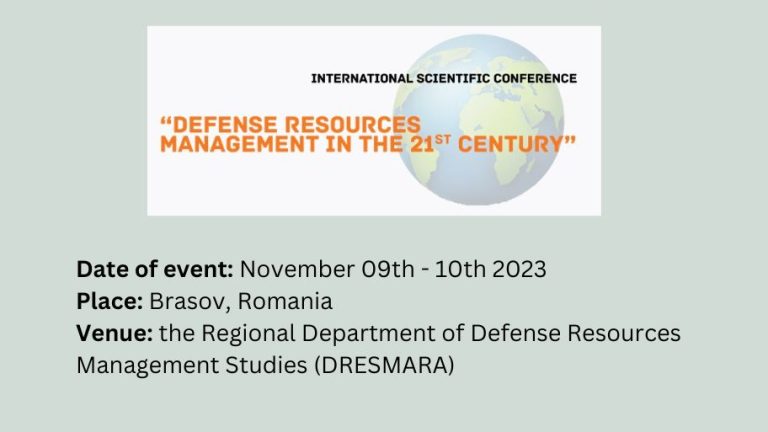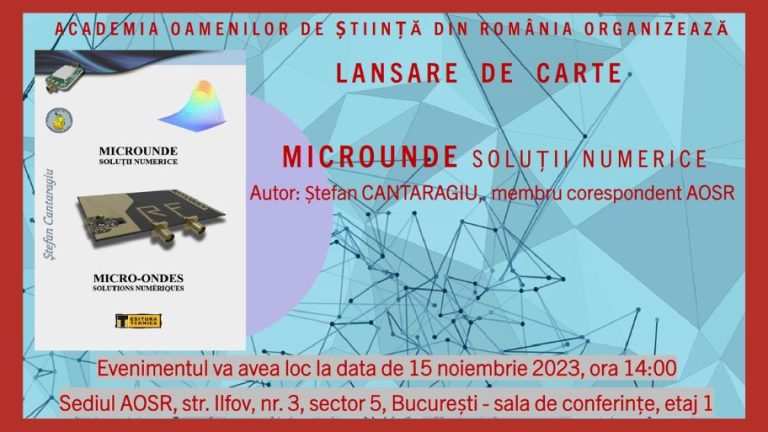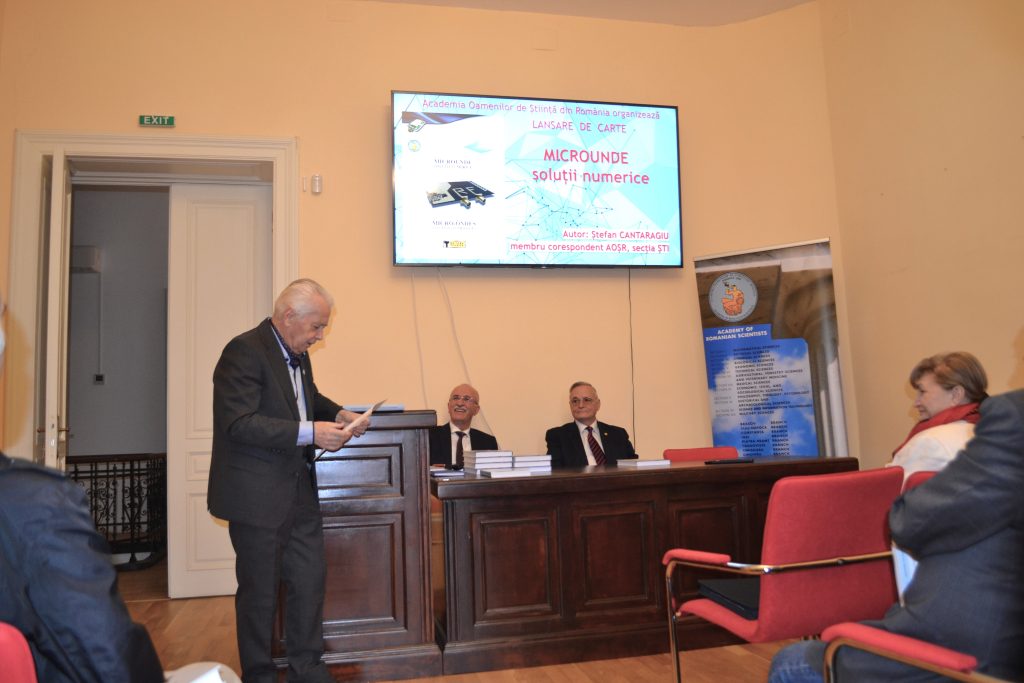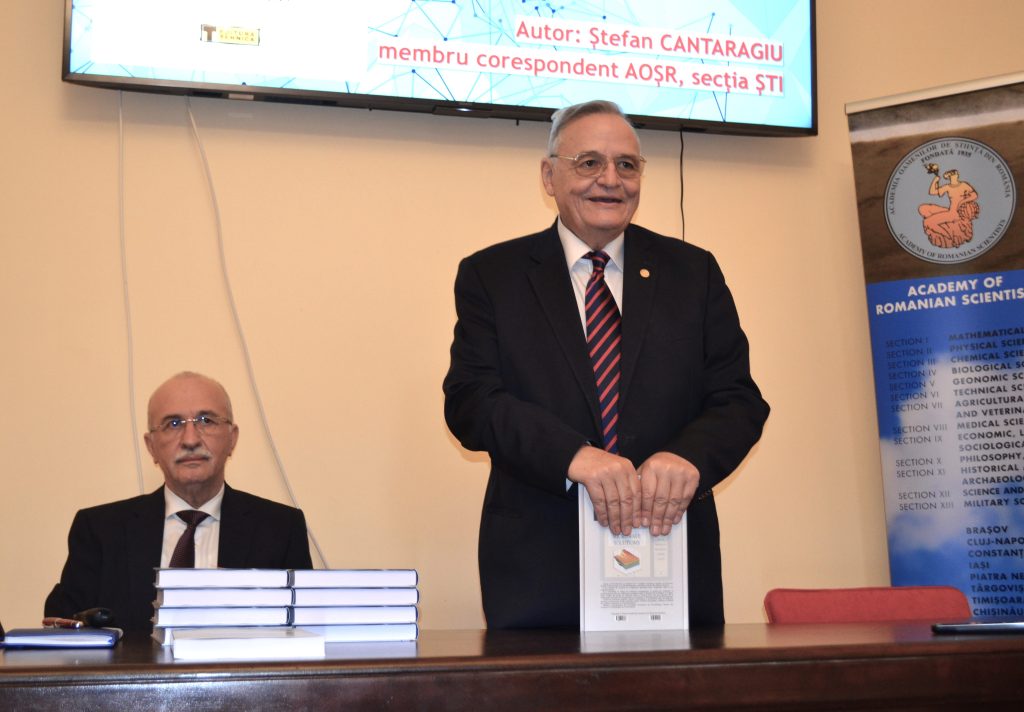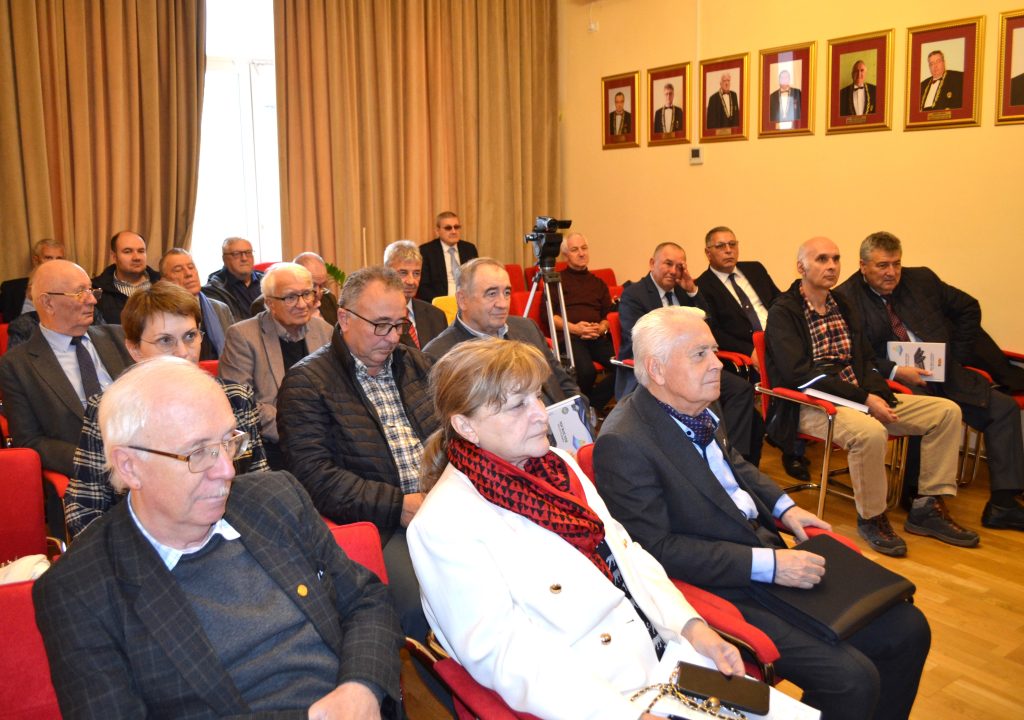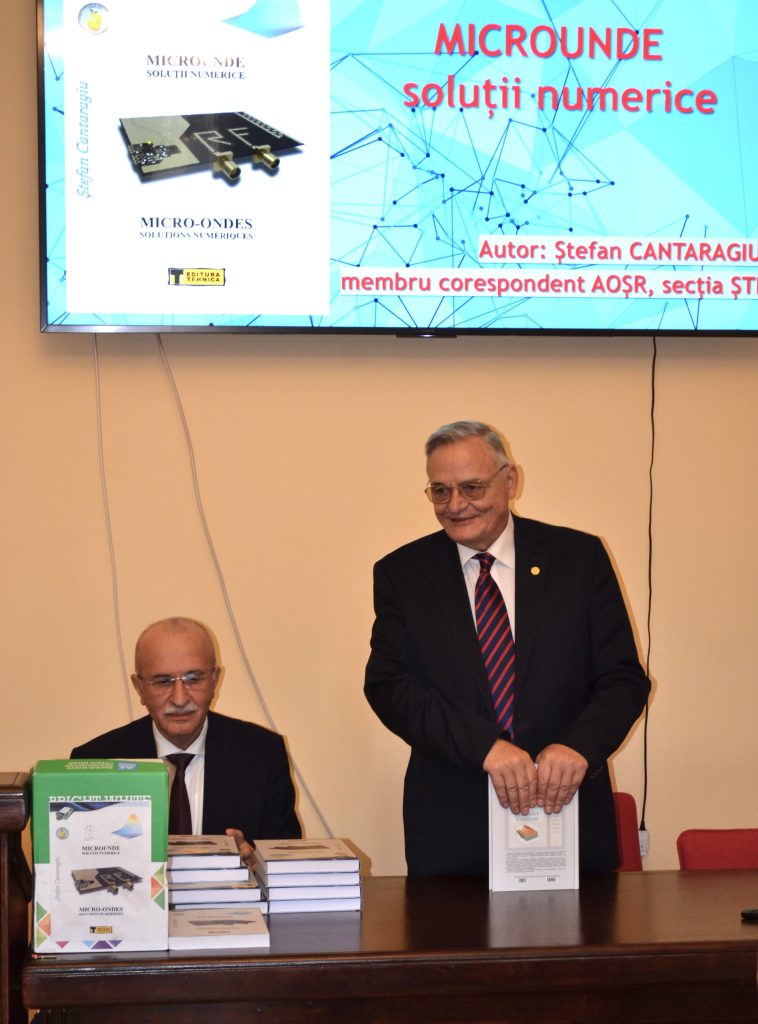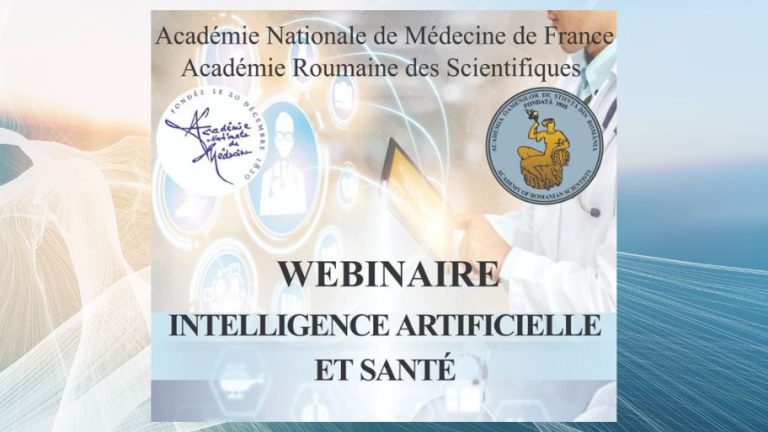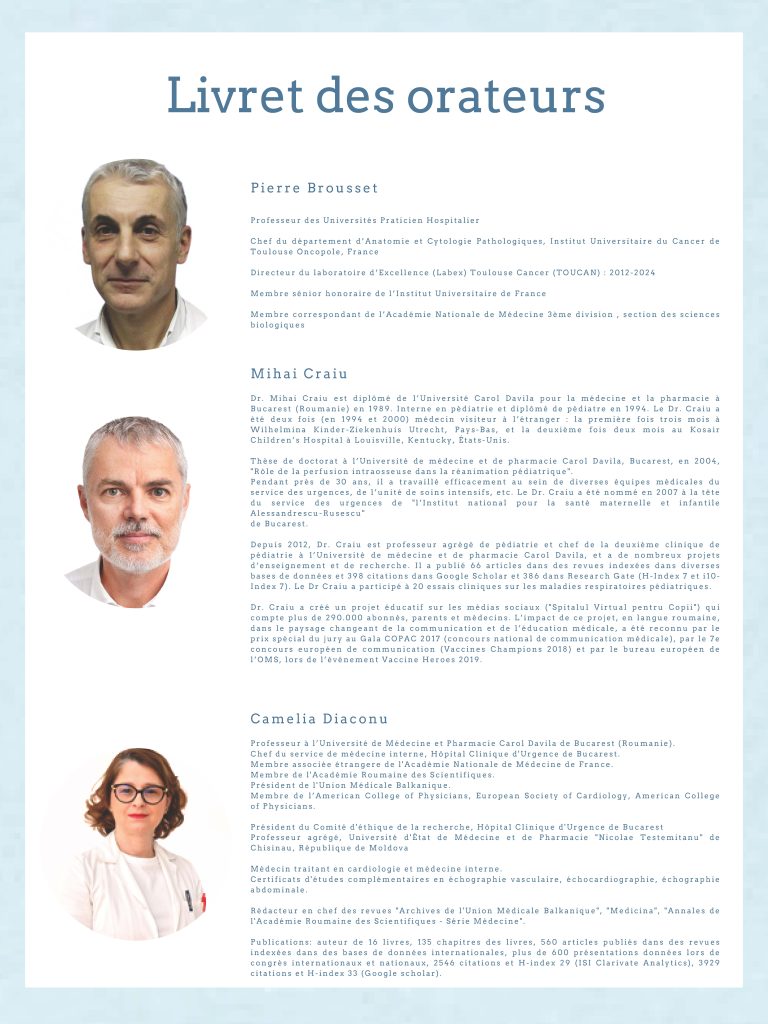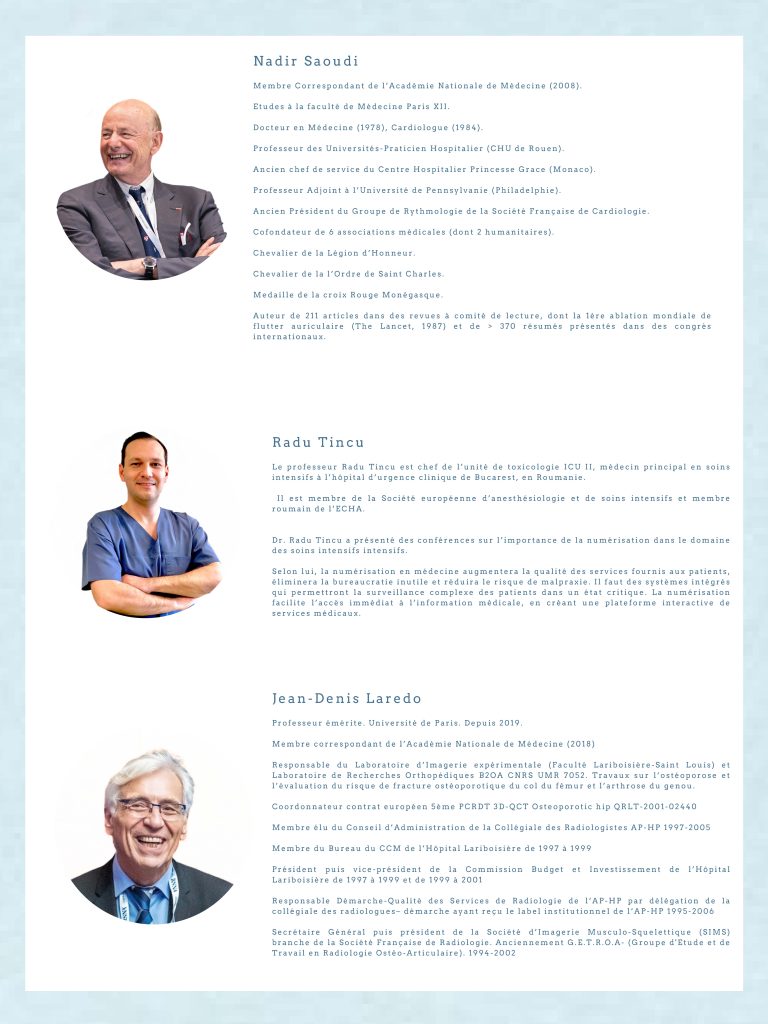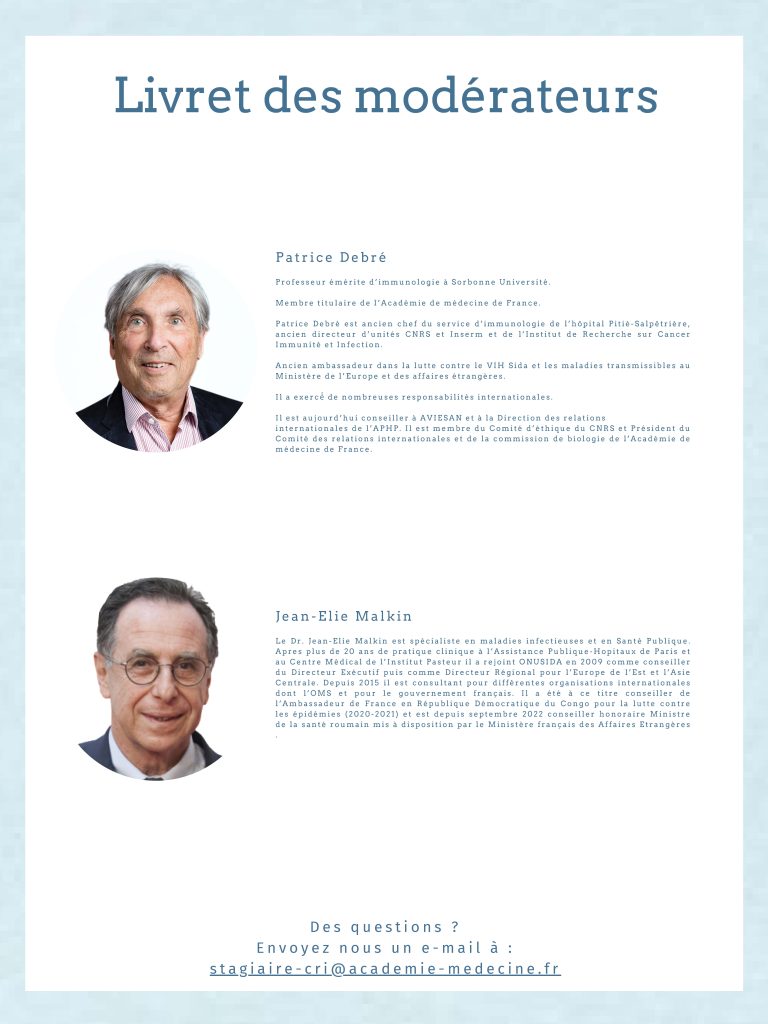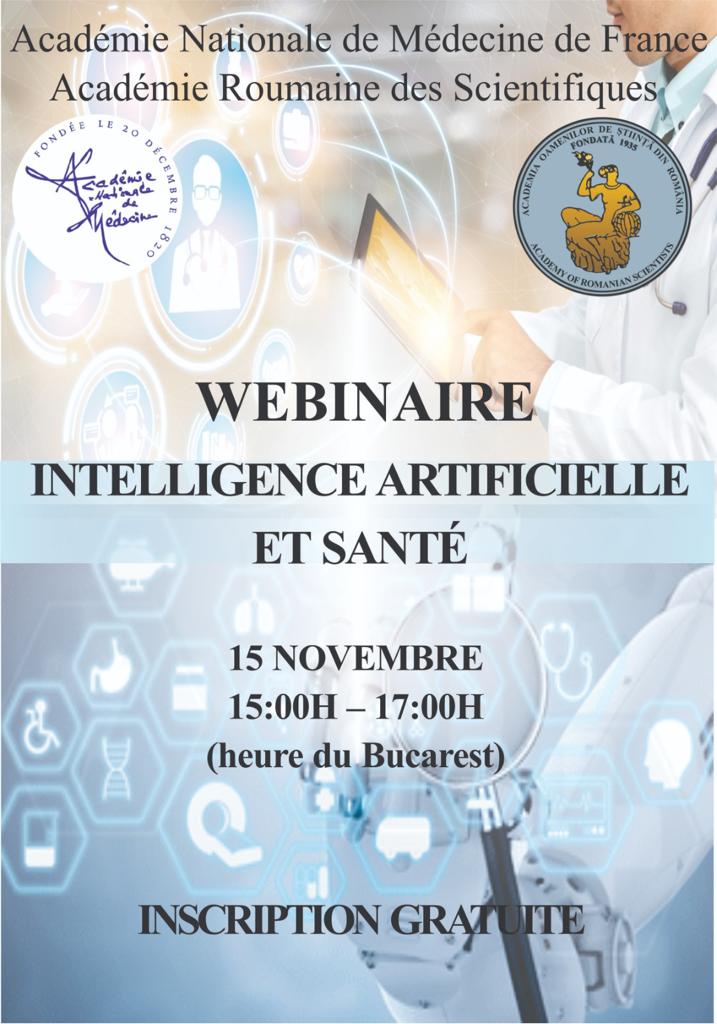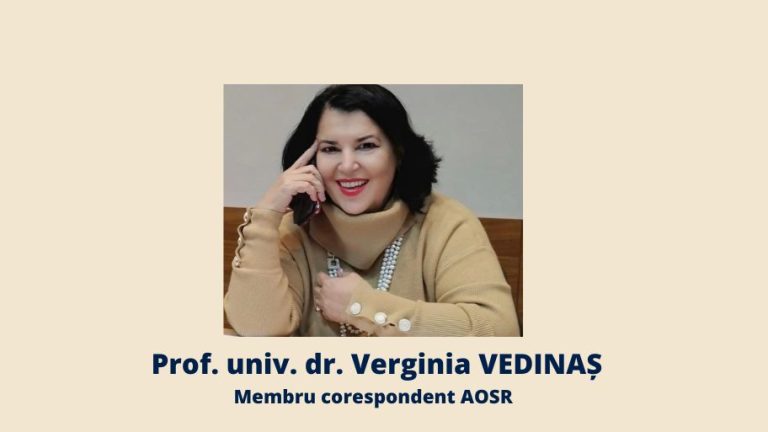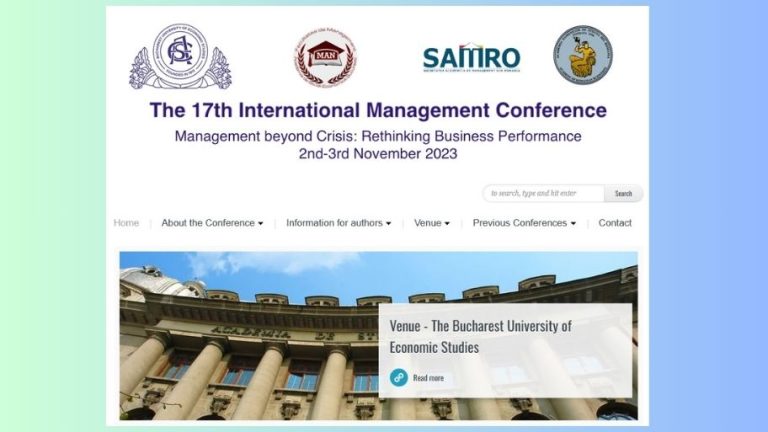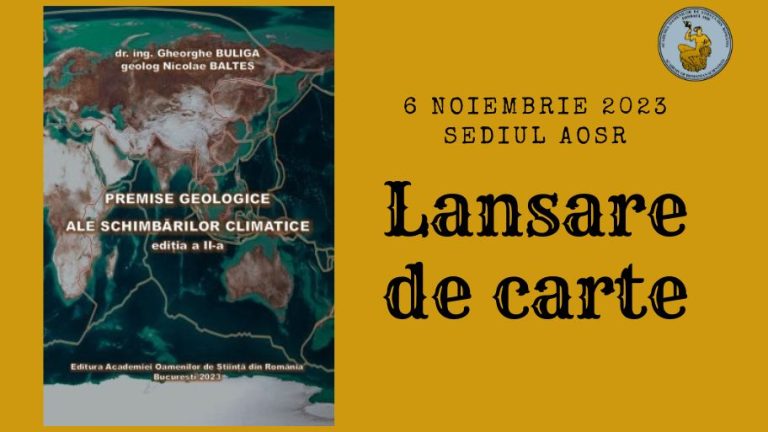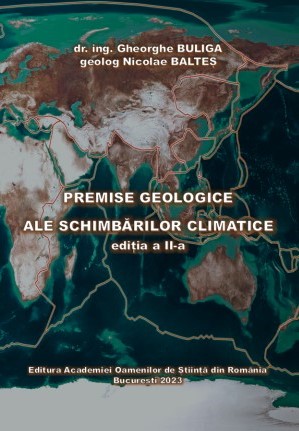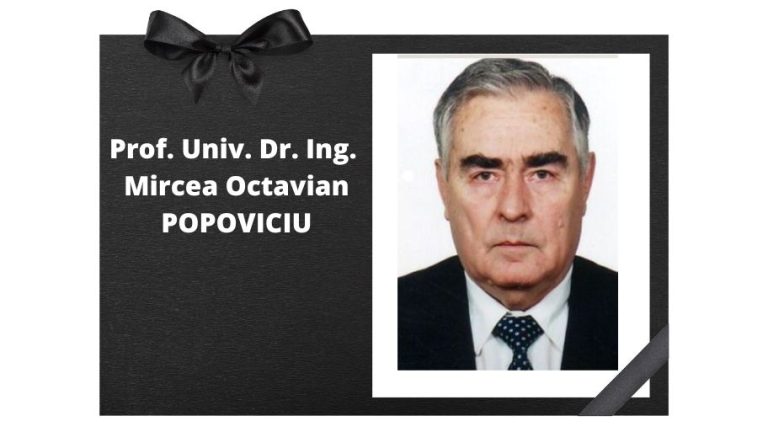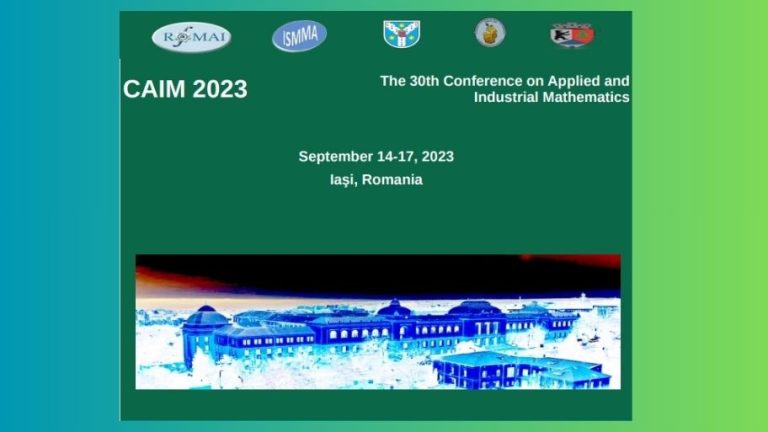On 27 October 2023, starting at 1 p.m., in the Mihai Viteazul Hall of the Parliament Palace, the National Conference on European Law took place, with international participation, 6th edition, with the theme “Application of European Union Law in Romania” organized by the Romanian Society of European Law (SRDE), member of the International Federation of European Law (FIDE) whose President is His Excellency, Ambassador Prof. Ioan Anghel. The conference was organized under the aegis of the Academy of Romanian Scientists, in partnership with Nicolae Titulescu University, Valahia University of Targoviste, Romanian Lawyers Union.
The conference was attended by an elite participation, being present not only representatives of institutions of great importance in the field of law, such as the Constitutional Court, the High Court of Cassation and Justice, the Legislative Council, the National Institute of Magistracy, the Institute of Legal Research of the Academy, but also numerous educational institutions, representatives of the liberal legal professions, prestigious theoreticians and practitioners, as well as doctoral students, master’s students and students.
One of the solemn moments was the awarding of diplomas of excellence to personalities who have made an outstanding contribution to the development of law and the application of European Union law in Romania. We were happy to be among the “laureates” and we express our gratitude for this appreciation, which we believe belongs equally to the Academy of Romanian Scientists.
In this context, we presented the greetings of Prof. ALEXANDRU BADEA, President of A.O.Ș.R., accompanied by a point of view on the issue, which we bring to the attention of the members of our community and all those interested.
Your Excellency, Ambassador,
DISTINGUISHED AUDIENCE
On behalf of Professor Adrian Badea, President of the Academy of Romanian Scientists, I am honoured to convey his greetings, my personal greetings and those of the other members of our academic community, to express my gratitude for the event you are organising and my conviction that it will be an exceptional one.
As you know, the birth certificate of our institution was drawn up in 1935, when the Academy of Sciences of Romania was founded, whose continuator and sole legatee is, by law, the AOSR. At that time, the great scientist, academician Dr. Grigore Antipa stressed that “the Romanian Academy alone cannot meet all the requirements of Romanian scientific culture”.
Faithful to this vision, we strive to make our contribution, together with other academic institutions, to the development of Romanian science and culture, within the borders of the country and beyond.
We are glad to see that the Romanian Society of European Law has taken up the debate on such an important and topical issue, namely the application of European Union law in Romania. It is a messianic theme, one might say, which is of great concern not only to the academic world we care about, but also to the political world, the Member States and the institutions of the European Union.
We say this because since the Costa/Enel judgment of 1964, which laid the foundations for the primacy of Community law, now European Union law, many changes have taken place in the former European Communities, now the European Union, over more than six decades.
We have witnessed, and continue to witness, the zealous attitude of the European Court of Justice in Luxembourg in defending the primacy of the European Union, the jurisprudential divergences between the Court of Justice of the European Union and the Constitutional Courts of the Member States, not infrequently fuelled by the reaction of national courts. In such a context, it is necessary to maintain a dialogue, but one that is characterised by dignity and honesty, mutual respect and good manners, and which allows effective solutions to be found for legal integration, preventing and eliminating disparities of vision.
In a political and legal construction based on the values of democracy, the rule of law and human rights, it is necessary to strike a fair balance between the national constitutional identity of each Member State and the European identity enshrined in the Treaties of the European Union. Only by maintaining this balance will we succeed in not being more equal than others.
Distinguished participants,
We hope that the future application of European Union law in Romania will continue to be shaped by the principles outlined in the revised Romanian Constitution, in the spirit of the democratic traditions of the Romanian people and the ideals of the December 1989 sacrifice that put an end to a totalitarian regime.
All this must be harmonised with the principles of the Union Treaties, which proclaim respect for the equality of the Member States in relation to the Treaties and their national identities in harmony with those of the Union and its Member States.
In conclusion, I would like to refer to an idea that has been expressed here, namely the need to create a Romanian research pole. In our opinion, this means having the ability to create a national doctrine, which will stand out with dignity and boldness among the doctrines of the other member states and the one built at the level of the European Union. And something else is necessary: that the fruit of this doctrine be valued by those who govern and administer the country, by the deliberative and executive authorities of the Romanian state.
Prof. Dr. VERGINIA VEDINAȘ
Corresponding Member of the Academy of Romanian Scientists
President of the Institute of Administrative Sciences “Paul Negulescu”


